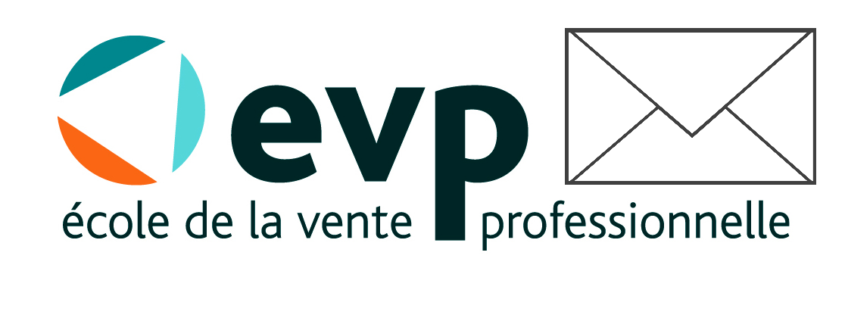Questioning and listening to the client: a successful business relation
Even though we ask ourselves questions every minute of every day, it can be difficult when meeting with a client to pinpoint which questions are most relevant and formulate them the right way. A vital part of any sales meeting is knowing how to ask questions and listen to the client for the answers you need, as efficiently as possible.
If I were to tell you that the Simonelli Appia II has three high-pressure groups, that the powerful wand makes quality microfoam, and that I recommend RW tampers, what does that tell you? If you’ve never used an espresso machine, likely not much.
Be prepared to serve as a salesperson-guide. Adapt to your client and focus your explanations on the added value of your products or services. This steers you clear of questions that require the kind of detailed answers that make you the centre of the conversation. Remember: your contact should be doing two or three times as much talking as you. You should also avoid leading questions. Why not buy it today? or You’ve never tried/heard of it? are some examples of ways you can kill a sale.
Instead, try questions like Tell me about your project/your decision-making process. Using open-ended questions with action verbs (e.g. describe, tell me, explain) is the basis for a successful conversation. These kinds of questions tell you more about your client, and let you clearly define their unknown needs.
It’s also crucial that you ask clarification questions in addition to those you’ve prepared beforehand. Get to know your client’s problems and daily life, and be attentive to their answers. This will strengthen the relationship of trust between you—a key part of any business relationship.






